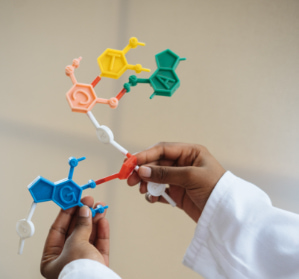REPOSITORY ITEMS
"To avoid difficulties in accessing these medicines, a European framework of consensus on pricing and financing appropriate to the special characteristics of the population and orphan drugs must be designed.
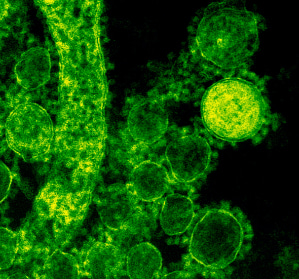
When knowing how to say "no" enhances the value of "yes".
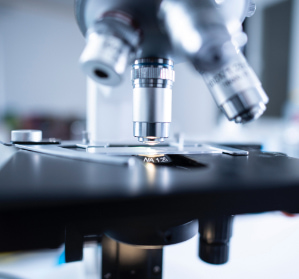
"Sustainability of the system without taking into account economic evaluation?"
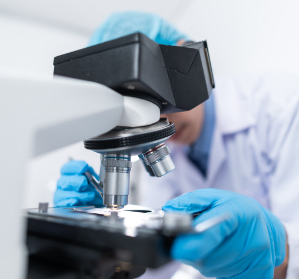
The causes are related to adherence to European Medicines Agency guidelines and the size of the laboratories developing these drugs. This study retrospectively compares marketing authorisation applications for orphan medicinal products versus applications for products without this designation that have been submitted by the European Medicines Agency (EMA), through its centralised procedure, between 2000 and 2013, i.e. during the first 14 years of the existence of the orphan drug regulatory framework in the European Union. All authors are directly linked to the EMA, except two of them, who belong to CeMSIIS (Centre for Intelligent Systems, Medical Informatics and Statistics) at the Medical University of Vienna.

Children with RD have difficulties in the school environment and educational needs of varying type and degree. Knowing them, understanding them and attending to them appropriately helps to reduce school failure and dropout, and ensures the maximum development of these pupils' abilities.
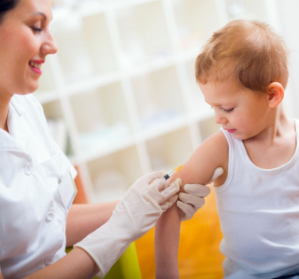
Patients with rare or minority diseases constitute a population at risk for COVID-19. This implies that they must strictly follow the measures recommended by the health authorities to prevent infection, and at the same time there must be a very careful follow-up with specific protocols by the healthcare professionals who care for them, including the measures to be taken in each case whether they are infected by COVID-19 or by their underlying pathology.

No single country has the knowledge and capacity to treat all types of rare diseases, but thanks to international cooperation, best practices are available to all patients in the European Union.

The medical care of people affected by rare diseases (RD) represents a significant burden and an additional challenge for health systems, compared to some common diseases. The specific characteristics of RD, such as the low number of patients, their diagnostic complexity, high morbimortality and lack of specialised knowledge, among many others, together with the methodological difficulties derived from them, make these conditions a distinct group of scientific interest and high impact. The more traditional epidemiological research aimed at identifying and distributing the determinants of RD continues to be a pending issue, which limits scientific knowledge and, above all, the planning of resources and their cost, making this group of diseases a public health problem.

"This article describes the experience of collaboration between the biopharmaceutical industry and the Urea Cycle Disorders Consortium (UCDC); and how that collaboration has favoured the development of new treatments and diagnostic methods useful in the management of this group of rare diseases. "
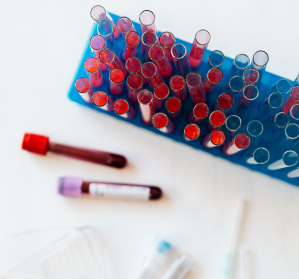
"Alternative access methods are a phenomenon of increasing frequency and importance in the European Union. This paper systematically classifies and analyses them and develops a conceptual framework to advance their study".
